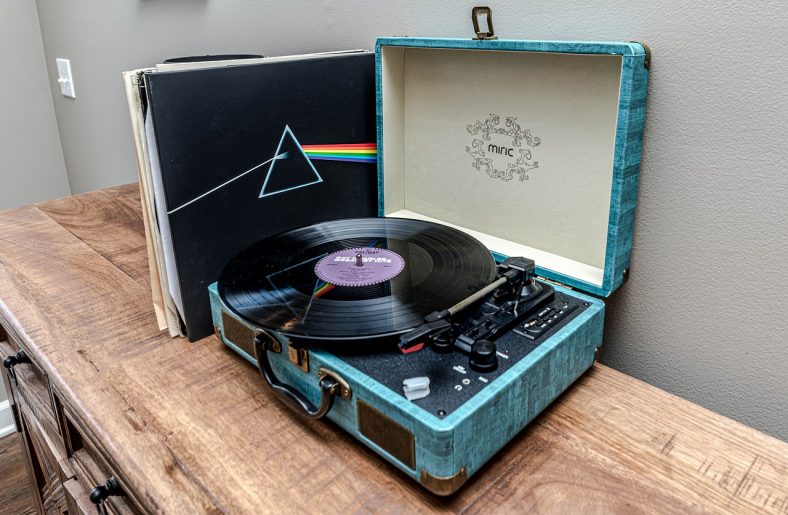Genre vs Style in Music – What’s The Difference?

In music, a genre is when we broadly categorize different music pieces which have the same conventions and traditions. On the other hand, the style often refers to specific elements found either in a piece of music or across similar genres.
What Is A Genre?
Genre is defined by the common song structures, musical elements and techniques, cultural context, geographical origin, and themes or sounds. They can be further divided into subgenres.
One of the broadest genres of music is popular music. This refers to all music that is commercially available to the masses. Popular music can further be divided into genres such as rock, punk, metal, jazz, electronic, country, blues, hip hop, etc.
Another broad genre of music in the cultural context is religious music. Any music no matter what the technicalities, that is composed for propagating a religious thought or is devotional in nature is religious music. Examples of this are gospel and choir music.
Music that does not follow any set pattern or is unique and cannot be clubbed with any other genre is often referred to as ‘Avant-Garde music or ‘art’ music. Although jazz is a subgenre of popular music, the works of certain artists such as Sun Ra and Ornette Coleman are avant-garde because it relies not just on the technicalities of the genre but focusses on improvisation.
Folk music is also one of the biggest genres of music. It is generational and has a deep historical and socio-cultural context. This genre of music sees the use of traditional instruments and the themes are often philosophical.
What Is Musical Style?
A musical style thus signifies a distinctive type, form, and/or quality of music. It can refer to the sonic texture, the feeling it evokes, and even the genre. It can also refer to the period of history during which it was created, or to a specific composer or performer.
When we say ‘classical’ music, we generally mean the style of music that was broadly created in the medieval and early-modern periods. The music of Beethoven, Mozart, Bach, etc all fall into this category.
Composers add their unique and individual characteristics to the music they write. This is also known as their style. In the modern context, many electronic musicians and producers are influenced by artists such as Brian Eno, who has a signature sound.
Performers too can influence a style of music. Flea, the bass player of the Red Hot Chilli Peppers, has a unique style of playing which incorporates techniques such as slapping with traditional finger-picking into funk, to create something unique.
The distinctive features of a genre also determine a style. When we say funk-style guitar, we immediately associate it with the playing technique of the non-dominant hand used to create rhythm patterns.
Conclusion
The words ‘genre’ and ‘style’ are often used interchangeably in music. This is not wholly inaccurate. Since music has no physical properties but is created for the purpose of evoking feelings and emotion, it is difficult to make rigid rules on what is a genre and what is a style.
However, if you write or perform music then knowing the difference between the two can help to reduce ambiguity when communicating with others, and it can also help you understand different types of music a little better.





